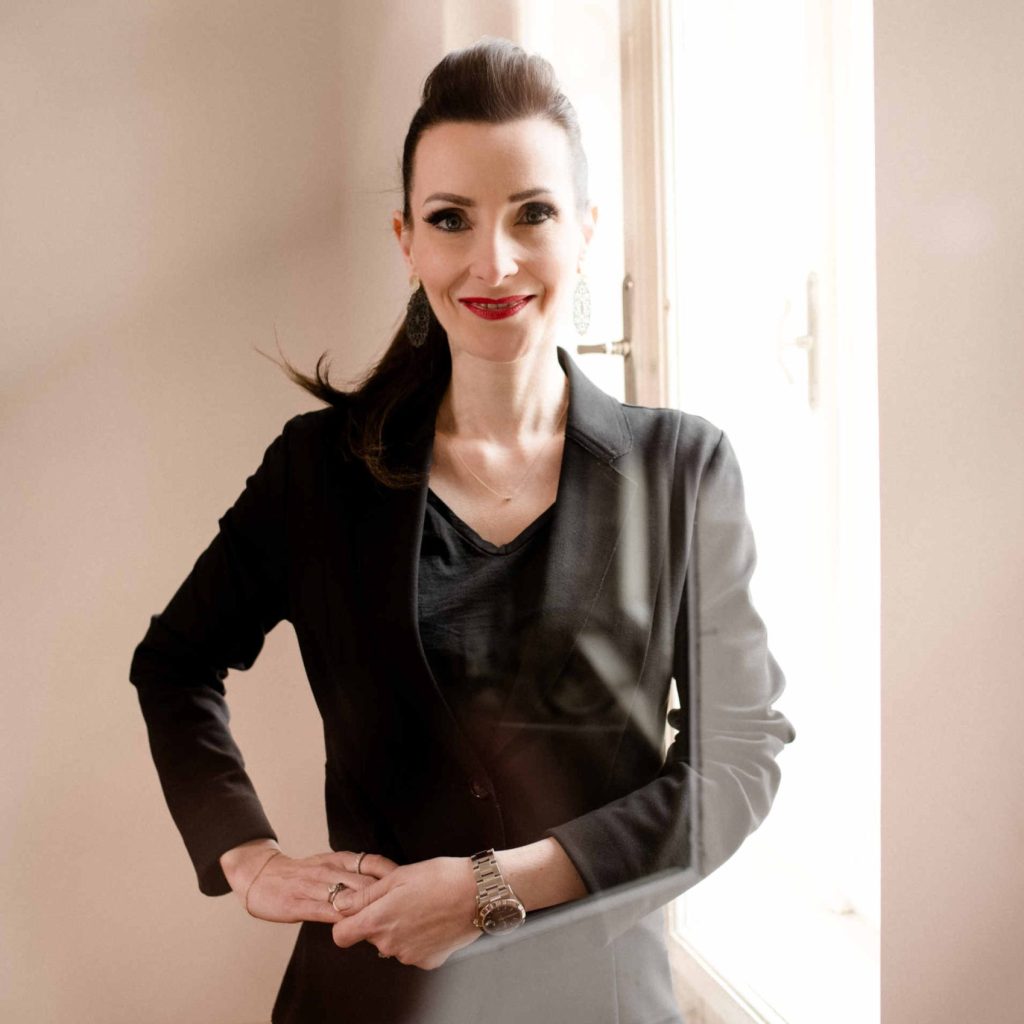

“French cuisine is back in fashion today – it’s just being interpreted differently.”
Thijs Vervloet, Maison Colette
In a former doctor’s house in Westerlo, Belgium, the art of cooking becomes a culture of remembrance. With his Maison Colette, named after his grandmother, Thijs Vervloet runs a two-star kitchen that combines French-Belgian tradition with fine modernity. In June 2025, the “master of the ingredient” made a guest appearance at Salzburg’s Restaurant Ikarus – and spoke to Genusspunkt about identity, leadership and the future of gastronomy.
ALEXANDRA GORSCHE: Your restaurant is a tribute to your grandmother. How did that come about?
THIJS VERVLOET: My grandmother's name was Colette - she took me into the kitchen when I was a little child. We baked, cooked, salted and seasoned together. So it was clear to me that the restaurant should bear her name. And it's not in a traditional building, but in an old doctor's house. Today, it has become Maison Colette - with a chef's table, five rooms, Salon Anna as a private dining room, terrace, garden ... a truly unique place.
Your signature dish is a tribute to your daughter. What's behind it?
It's our “Rosalie” - a dish with four preparations of Norway lobster: as raviolo, fried, deep-fried and as carpaccio. Four textures, four flavors, one product. That is our signature.
How would you describe Franco-Belgian cuisine today?
It's going back to basics: focus on the product, classic techniques, honest craftsmanship. A la carte dishes are making a comeback. I believe this is exactly what will shape Belgian-French gastronomy over the next 20 years.
At Maison Colette, you not only offer a tasting menu, but also a quick lunch menu. A way to make fine dining younger?
Absolutely - it's about flexibility. Many guests have little time, for example because of a business appointment. A four-course market menu is ideal for them. You can also simply choose a starter and a main course, accompanied by a glass of wine or non-alcoholic. Our aim is to make enjoyment accessible - without compromising on quality.
What is a common misconception about French cuisine?
That it is too heavy - with too much butter, too much cream. Of course we work with it, but we make it lighter. With lime juice, with more modern plating, with balance. French cuisine is back in fashion today - it's just interpreted differently.
You're not just a chef, you're also a team leader. What makes good leadership?
Listening. Communicating. Appreciating. We talk a lot in the team and I am very grateful for everyone who is there every day. Especially in times of staff shortages, that's not something you can take for granted. As a manager, it's your job to motivate people - and to grow together.
What lessons did you learn from your time with Joël Robuchon?
Robuchon was a master - in terms of product quality, precision and craftsmanship. It is precisely this philosophy that we carry forward: don't lose focus, respect the foundations. Young chefs should not forget the basics. If you understand the craft, you can pass it on.
What advice would you give to young chefs who want to become top chefs?
Don't give up too quickly. Develop self-confidence. Show discipline. And above all: learn from older chefs, acquire knowledge - fill your own backpack. Many people want too much too quickly these days. But a good foundation takes time.
An often underestimated aspect of fine dining is simplicity. How do you see it?
Less is more. It's an art to leave something out. Simplicity is not simple. Or as we say: Dans la simplicité, on se reconnaît le maître - in simplicity you recognize the master. And in the end, it's about creating memories together.
As a manager, it is your job to motivate people - and to grow together.
As a manager, it is your job to motivate people - and to grow together.



In a former doctor’s house in Westerlo, Belgium, the art of cooking becomes a culture of remembrance. With his Maison Colette, named after his grandmother, Thijs Vervloet runs a two-star kitchen that combines French-Belgian tradition with fine modernity. In June 2025, the “master of the ingredient” made a guest appearance at Salzburg’s Restaurant Ikarus – and spoke to Genusspunkt about identity, leadership and the future of gastronomy.